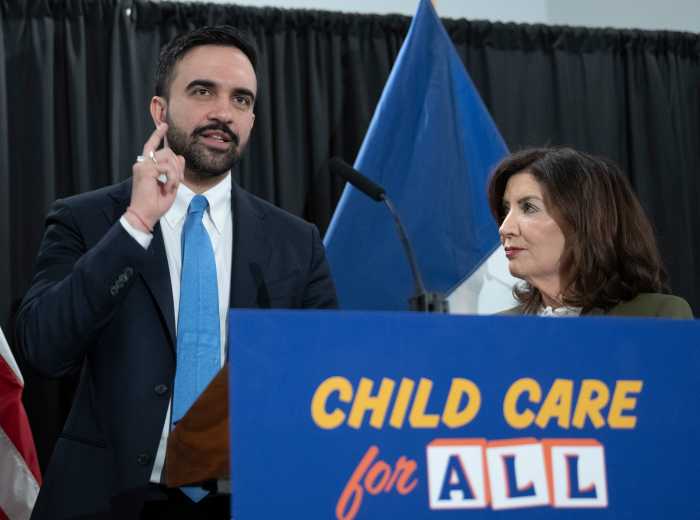Up to $30 billion in unused COVID funds that would have been utilized for sexual health services could be stripped from state and local health departments as part of potential cuts under consideration by House Republicans and the White House as they continue to negotiate the debt ceiling, according to Politico.
The cuts would impact funds intended to combat syphilis, chlamydia, gonorrhea, HIV, and hepatitis at a time when the nation has witnessed a sharp rise in STIs in recent years. Health officials tallied 2.5 million cases of syphilis, gonorrhea, and chlamydia in 2021, according to the Centers for Disease Control and Prevention (CDC) — up from 2.4 million in 2020. Between 2017 and 2021, the US saw a 74% increase in syphilis cases and 28% increase in gonorrhea cases.
Local health leaders in New York were already decrying changes to the federal 340B drug discount program, which allowed non-profits and community health centers to save money on medication and use extra funds for services.
Biden administration officials are advocating against the cuts, according to Politico, but White House officials nonetheless have indicated that the cuts are “on the table” and could be implemented as part of negotiations with Republicans.
The negotiations, however, hit a roadblock on May 19, according to Melanie Zanona of CNN, who reported that “negotiators have put a pause on the talks.”
Demetre Daskalakis, who previously worked for the New York City Health Department and now serves as the deputy coordinator of the national mpox response team and the director of HIV prevention division at the Centers for Disease Control and Prevention, told Politico that the cuts would be “concerning” but said other funding sources could help bolster STI prevention efforts.
The news also comes as officials warn of potential warning signs surrounding mpox, which quickly dissipated late last year but could flare up again. Some cases have been reported in Chicago, prompting the New York City Health Department and other local health departments to step up with awareness campaigns urging men who have sex with men to get fully vaccinated against mpox.
“Last year’s mpox outbreak took place during the spring and summer months and most impacted communities of men who have sex with men and immunocompromised individuals,” Acting New York State Health Commissioner Dr. James McDonald said in a written statement announcing the vaccination campaign. “This year, while mpox cases are extremely low in New York, cases continue to be diagnosed here in New York and around the globe and there is still a risk of resurgence. We are taking proactive measures now to encourage those at risk to get fully vaccinated by getting both doses. Taking this measure of protection is a gesture of self-love and love for the communities in which you live.”



































